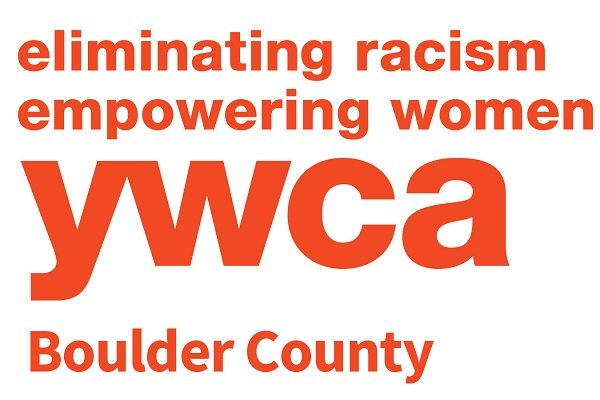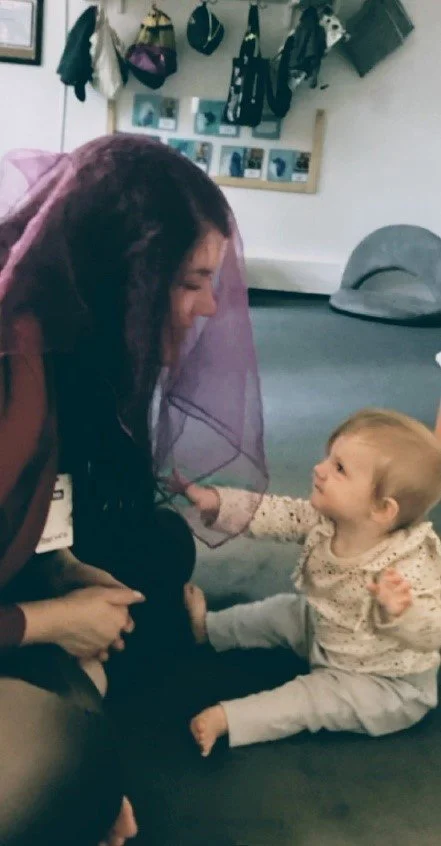Investing in Quality Child Care for a Brighter Tomorrow
It’s not just about supervision it’s about setting the stage for a lifetime of success. High-quality early childhood education (ECE) nurtures cognitive, emotional, and social development, laying the foundation for lifelong learning, well-being, and opportunity. And the research backs this up:
Children in quality ECE programs show stronger academic performance by age 15 and are less likely to require special education services. (NICD Study of Early Childcare and Youth Development)
Early access to enriching care increases future earnings by 1.3% to 3.5% in adulthood. (The Economics of Early Childhood Investments Report)
Kids who attend quality programs demonstrate higher IQ scores and are at reduced risk for chronic illness and obesity. (Child Development Journal)
Exposure to diverse, educational environments supports better outcomes in STEM and critical thinking well into high school. (American Psychological Association)
At Persimmon, these benefits are not abstract ideas they are real and visible in children like Sofia and Barrett.
When Lisset Hernandez first visited YWCA with her 3-month-old daughter, Sofia she was not just looking for proximity to work she was looking for peace of mind.
“I was looking for a place where my daughter could be taken care of in the best way,” she shared. “And as soon as I came to YWCA, I saw that security. I said, ‘Wow, Sofia is going to be in very good hands.’”
That confidence turned into joy as Sofia began to thrive. Each day brought new milestones walking, jumping, expressing herself with confidence.
“Every day she surprises me more… she learned to walk and jump. She knows how to follow rules and express herself.”
For Tarah, a retail manager and first-time mom, leaving her son Barrett in someone else’s hands was daunting.
“I was so anxious going back to work. You hope strangers will care for your child like you would and at Persimmon, they do.”
The change in Barrett was immediate. Once reserved and quiet, he became vibrant, social, and engaged.
“Within the first three weeks, his social skills exploded,” she said. “He was smiling, laughing it was night and day.”
Small Ratios, Big Impact
What makes this kind of growth possible? One answer is Persimmon’s low teacher-to-child ratio a critical difference in the quality of care and attention children receive.
Both Lisset and Tarah credit Persimmon’s low teacher-to-child ratio as a key factor in their children's development. In an industry where the legal standard can stretch one caregiver across five infants, Persimmon goes further giving teachers the bandwidth to not just care but connect.
“You can’t take care of five babies well at once,” Tarah noted. “Here, teachers are not overworked. They have time for educational programming even for infants.”
That extra attention translates into measurable developmental milestones. Lisset noticed her daughter’s communication and physical growth soar. Tarah observed that Barrett who was struggling to adjust to solid foods and was delayed in some physical development began to thrive and was eager to try new foods.
At its core, Persimmon Early Learning is not just supporting individual families it’s strengthening the fabric of our entire community. When we invest in high-quality early childhood education, everyone benefits. Parents like Lisset and Tarah can stay in the workforce, contribute to the economy, and pursue career goals knowing their children are safe, engaged, and growing. Children who attend nurturing, developmentally rich programs build stronger foundations for learning, health, and social-emotional well-being outcomes that lead to better schools, lower healthcare costs, and a more skilled future workforce. High-quality childcare is not just good for kids and parents it’s a smart investment in our shared future.



